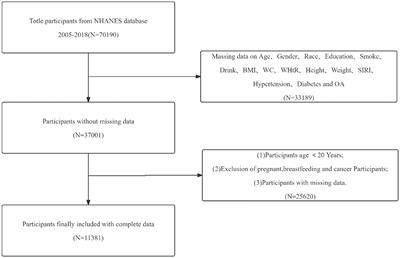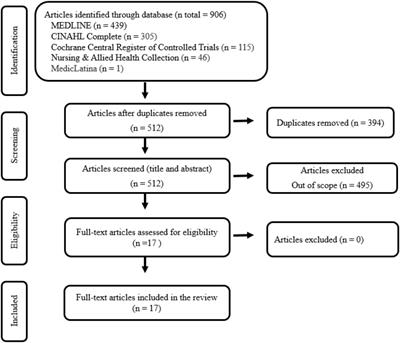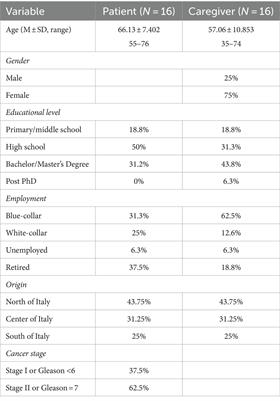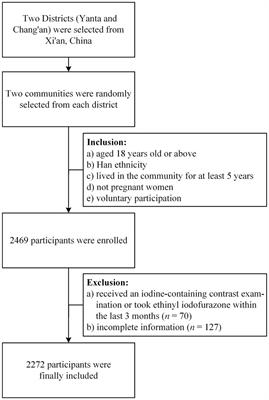EDITORIAL
Published on 07 Jan 2025
Editorial: New frameworks for chronic diseases treatment: research, prevention, intervention
doi 10.3389/fnbeh.2024.1540781
- 355 views
2,511
Total downloads
8,510
Total views and downloads
EDITORIAL
Published on 07 Jan 2025
ORIGINAL RESEARCH
Published on 14 Aug 2024

SYSTEMATIC REVIEW
Published on 15 May 2024

ORIGINAL RESEARCH
Published on 04 Apr 2024

ORIGINAL RESEARCH
Published on 16 Jan 2024

